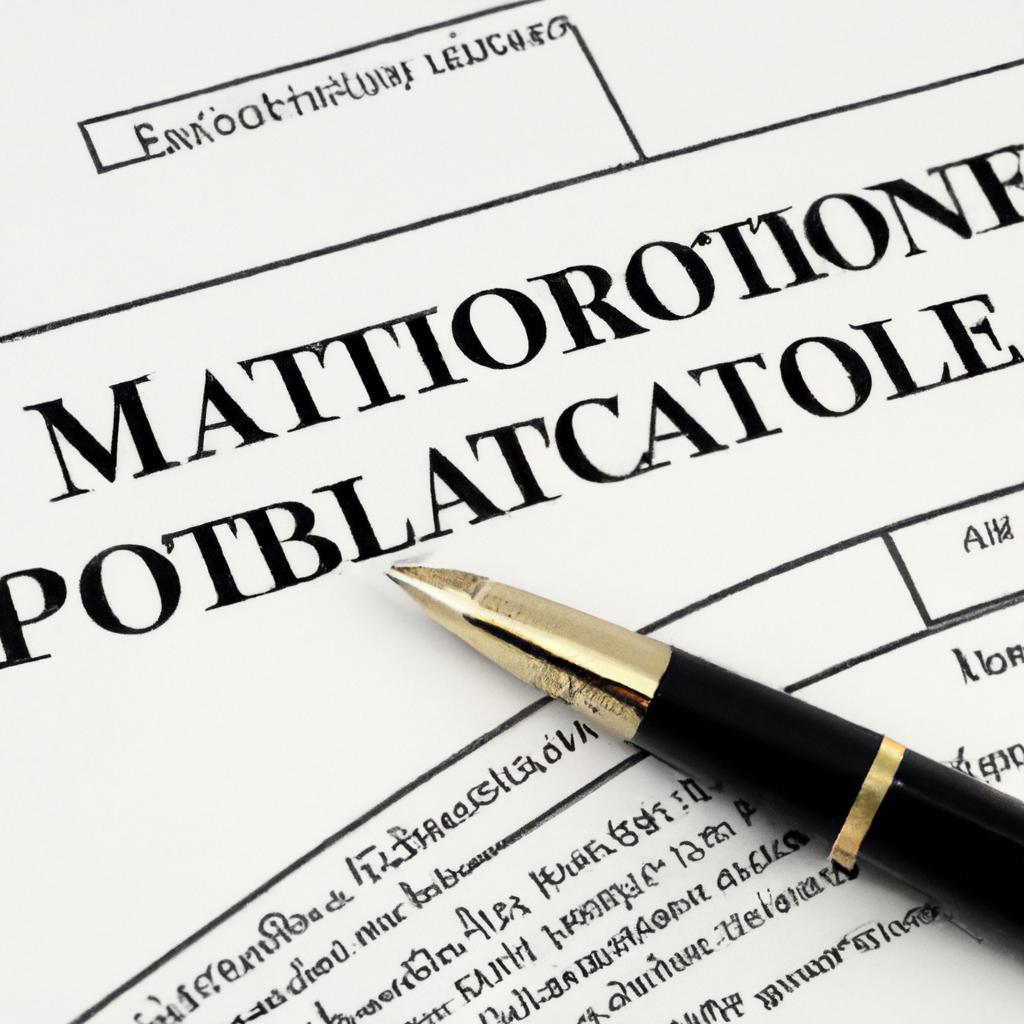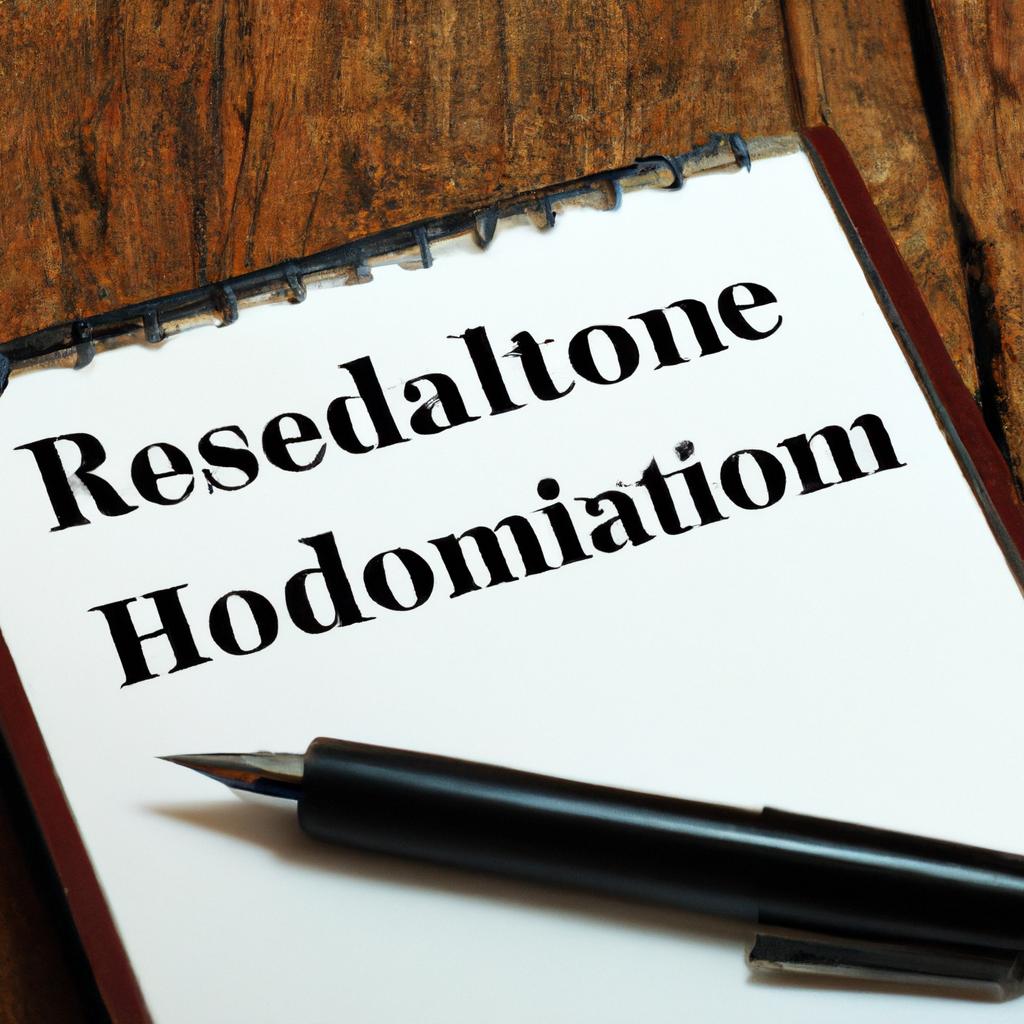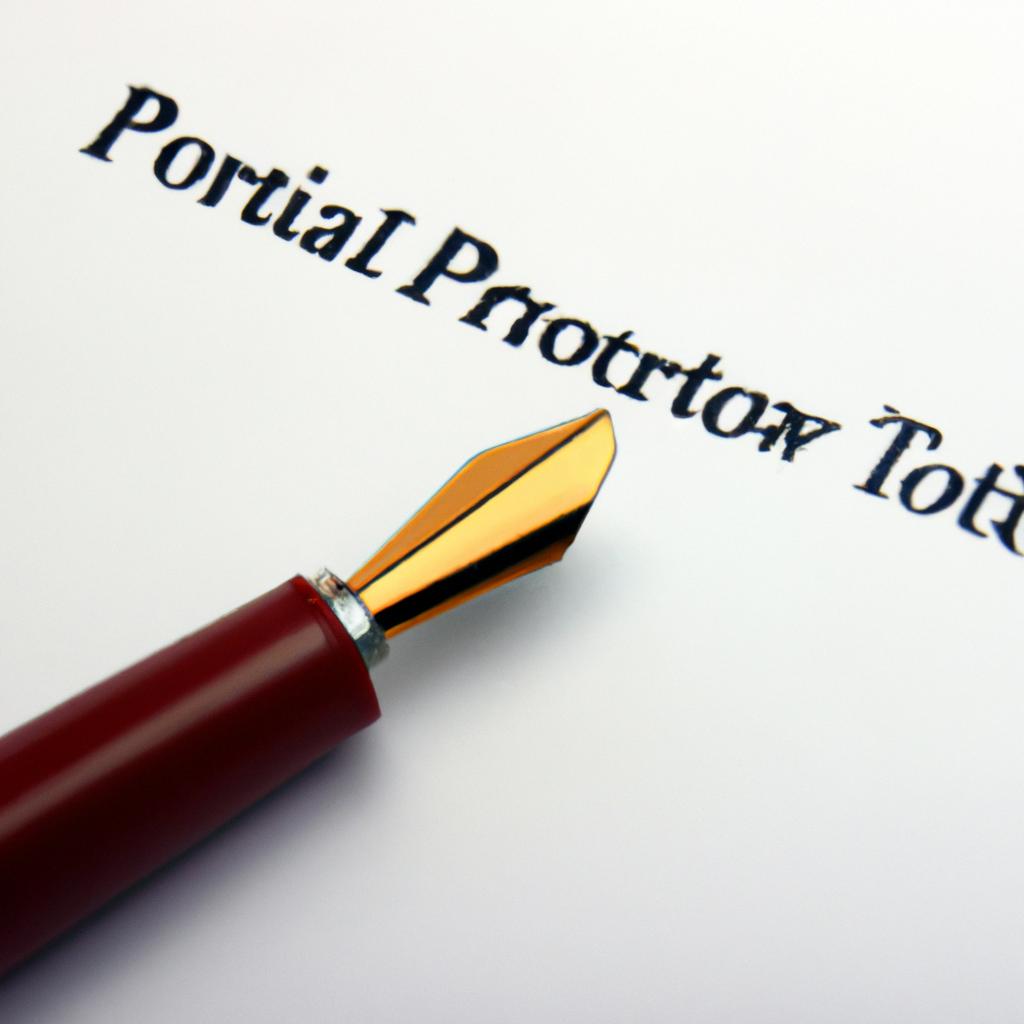In the realm of estate administration, few matters are as complex and emotionally charged as dealing with a house in probate. As experienced legal practitioners at Morgan Legal Group in the bustling metropolis of New York City, we have navigated the intricate web of laws and regulations surrounding probate proceedings for countless clients. From drafting Wills to facilitating the transfer of property, our team is well-versed in the nuanced intricacies of probate law. Join us as we delve into the intricacies of managing a house in probate, offering guidance and insight into this often daunting process.
Understanding Probate and Its Implications for the House
Probate can be a complex legal process that involves validating a deceased individual’s will, paying off any debts and taxes, and distributing the remaining assets to the heirs. When a house is involved in probate, there are several implications that need to be considered:
- Probate Timeline: The probate process can take several months to several years to complete, depending on various factors such as the complexity of the estate, any disputes among heirs, and the efficiency of the executor.
- Property Maintenance: While the house is in probate, it is important to ensure that the property is properly maintained to preserve its value. This includes tasks such as regular maintenance, paying property taxes, and securing the property to prevent vandalism or theft.

Navigating the Probate Process for a House
House in Probate
When dealing with a house in probate, it is important to understand the complex legal process involved. Probate is the legal process of settling the estate of a deceased person, including distributing their assets according to the terms of their will or the laws of intestacy. If a house is part of the deceased person’s estate, it will likely need to go through probate before it can be transferred to the heirs or sold.
During the probate process for a house, there are several steps that need to be taken to ensure a smooth transition of ownership. These steps may include:
- Identifying the heirs and beneficiaries of the house
- Obtaining appraisals and valuations of the house
- Resolving any outstanding debts or liens on the property

Recommendations for Handling a House in Probate
When handling a house in probate, it is crucial to first ensure that all necessary documentation is in order. This includes the last will and testament of the deceased, as well as any other legal documents related to the property. It is important to carefully review these documents to determine the exact instructions left by the deceased regarding the distribution of the property.
Next, it is advisable to consult with an experienced probate attorney who can guide you through the legal process of handling a house in probate. They can assist in navigating the complexities of the probate process, including resolving any disputes that may arise among beneficiaries. Additionally, it is crucial to properly maintain the property during the probate process to ensure its value is preserved. This includes regular maintenance and addressing any necessary repairs to prevent the property from depreciating.

Ensuring a Smooth Transfer of Ownership for Probate Property
When it comes to dealing with probate property, ensuring a smooth transfer of ownership is essential to avoid any complications or disputes down the line. At Morgan Legal Group, we understand the complexities involved in probate proceedings and can help navigate the process with ease. Our team of experienced professionals is here to guide you through every step of the way, ensuring that the transfer of ownership is done efficiently and effectively.
From conducting a thorough title search to preparing the necessary legal documents, our experts will handle all aspects of the transfer process. We will work closely with you to ensure that all requirements are met and that the transfer is completed in a timely manner. Trust Morgan Legal Group to provide comprehensive and personalized services tailored to your specific needs, making the transfer of ownership for probate property a seamless and stress-free experience.
Q&A
Q: What does it mean for a house to be in probate?
A: When a house is in probate, it means that the legal process of administering the estate of the deceased homeowner is taking place.
Q: How does a house end up in probate?
A: Typically, a house ends up in probate when the homeowner passes away without a valid will in place or if there are disputes among heirs about the distribution of the property.
Q: What happens to a house in probate?
A: During the probate process, the court will appoint an executor to handle the estate, including the sale or transfer of the house. Creditors will also be notified and given the opportunity to make claims against the estate.
Q: How long does the probate process take?
A: The length of the probate process can vary depending on the complexity of the estate and whether there are any disputes among heirs. It can take anywhere from a few months to several years to complete.
Q: Can the house be sold while in probate?
A: Yes, the house can be sold while in probate, but the sale must be approved by the court and all interested parties must be notified. The proceeds from the sale will then be used to pay off debts and distribute any remaining assets to heirs.
Q: What should someone do if they inherit a house in probate?
A: If someone inherits a house in probate, they should consult with an attorney who specializes in probate law to ensure they understand their rights and obligations as an heir. They may also need to work with the executor of the estate to facilitate the transfer of ownership.
Key Takeaways
In conclusion, dealing with a house in probate can be a challenging and complex process. However, with the right guidance and support, it is possible to navigate through the legalities and reach a fair resolution. Whether you are a beneficiary or executor, it is crucial to seek professional advice and take the necessary steps to ensure a smooth transfer of ownership. By understanding the intricacies of probate and staying organized, you can effectively manage the sale or transfer of the property and honor the wishes of the deceased. Remember, patience and diligence are key as you work towards settling the estate and moving forward with the next chapter in the life of the house in probate.

